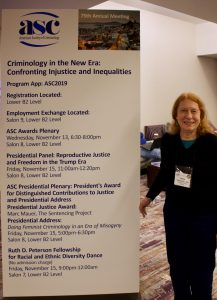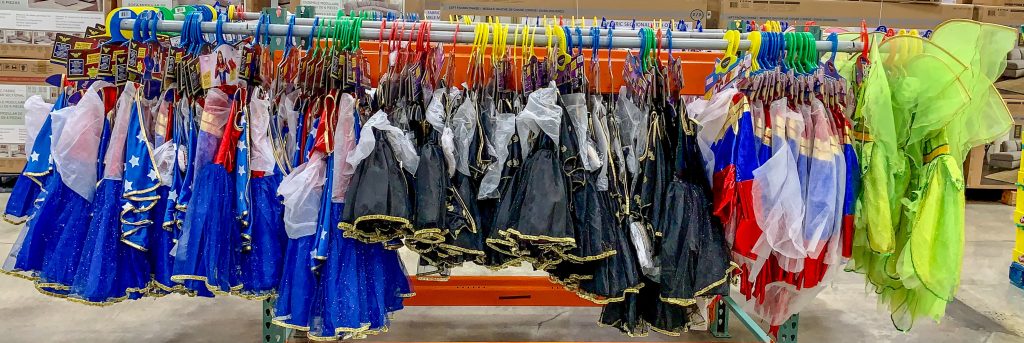“I really need to call Bonnie.”
It was the first thought that went through my mind after running across something in a 1908 newspaper clipping that challenged a long accepted family narrative, although Bonnie is my late sister who died three years ago, in October 2016.
I was well aware of the void left with her death when I expressed the need to consult her on this latest development. She would have accepted this little historical discrepancy and relished the challenge of sorting out the facts, or at least coming up with the most plausible theory to explain the facts.
Bonnie had taken over from our mother as lead family historian, and was a genealogical whiz. At a time like this, I long for her wise counsel, but will just have to muddle along on my own.
Here’s the story.
 My great-grandmother, Helene Yonge, died in San Francisco on September 21, 1907. A small notice in the San Francisco Examiner said she was a native of St. Louis, Missouri. Her age was reported as 50 years, 7 months, and 7 days. Apparently that’s a tradition of precision that we have lost.
My great-grandmother, Helene Yonge, died in San Francisco on September 21, 1907. A small notice in the San Francisco Examiner said she was a native of St. Louis, Missouri. Her age was reported as 50 years, 7 months, and 7 days. Apparently that’s a tradition of precision that we have lost.
This photo was taken on her wedding day in 1875 when she was just 18 years old.
Helene and her family survived the 1906 earthquake in San Francisco, and she joined in the relief efforts during the city’s long recovery.
According to our inherited family narrative, she died during an outbreak of bubonic plague in the summer of 1907, following the historic earthquake the previous year, although I don’t recall hearing about the specific circumstances of her death.
The first plague death in this outbreak was recorded in May 1907, and by September the number of deaths had risen to 55.
Her death on September 21, as the death toll was rising, would appear to be consistent with the story passed down in our family.
Less than a year after Helene’s death, one of her daughters–Eleanor, who went by Ellen–was at the center of a scandal reported in several San Francisco newspapers at the time. Ellen had been drawn into a romantic relationship with a police officer who walked a beat in her neighborhood. She was just 17 when she met Edward T. Davey, referred to in news accounts simply as “Officer Davey”. And at least one other young woman came forward to accuse Davey of similarly seducing her with promises of marriage.
It all became public and the subject of news reports when young Ellen (described as “pretty and highly accomplished) attempted suicide by taking poison pills while on a street car near the police station where Davey was assigned. She survived, and the episode led to a hearing on her sanity, and then hearings on various charges brought against Officer Davey.
One newspaper, the San Francisco Call, reported that prior to her suicide attempt, Ellen Yonge had been distraught because of her stormy relationship with Davey, which was strongly opposed by her father and siblings, and also by what was referred to as her mother’s recent “suicide.”
The suicide allegation, if true, would involve a significant change in our understanding of family history.
But is it true? There are reasons to doubt. First, the newspaper’s account is written in flowery prose with lots of lurid references, smacking of the yellow journalism of the period.
I couldn’t find any other publication that repeated the Call’s statement that Helene Yonge had committed suicide.
And according to her published death notice, a requiem mass was held at St. Charles Borromeo Church “for the repose of her soul.” If she had committed suicide, it seems unlikely that this Catholic parish would hold mass in her memory.
At this point, I suppose that I doubt the suicide story. However, my mother admitted she avoided discussing “unpleasantness” that might have occurred in her family, and that probably would have included sidestepping her grandmother’s suicide, if indeed that were one of those unpleasant facts. That leaves me with an uncomfortable degree of doubt.
I suppose my next step will be to contact the few remaining cousins who might have some recollection of being told about those events from more than a century ago. That might involve trying to track down descendants of my grandfather’s siblings, who are unknown to me.
At some point, I’ll also have to lay out the story of Ellen Yonge and Officer Davey in more detail. It’s quite a tragic tale.
By the way, Officer Davey died in Honolulu’s St. Francis Hospital on August 28, 1940 at age 70, according to a death notice published in Honolulu newspapers.



